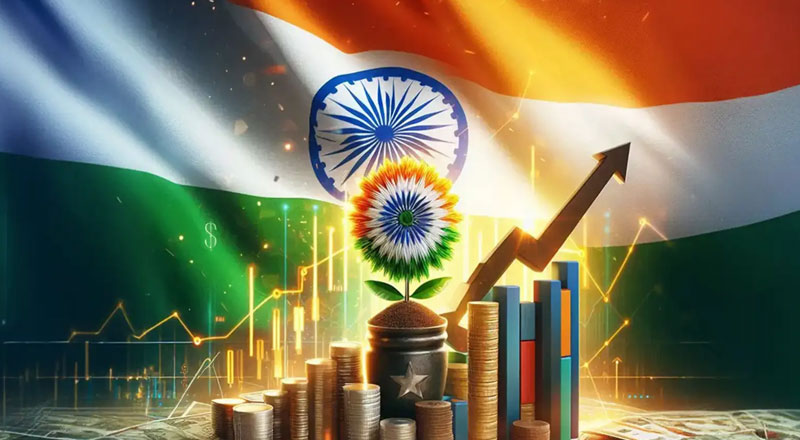Navigating Economic Uncertainty Post-Tariffs
The global economy has been reeling from instability, sparked in part by the U.S.-China trade tensions that escalated under the Trump administration’s aggressive tariff policies. This economic discord has had ripple effects worldwide, pushing down crude oil prices amid fears of a global slowdown. While many economies face challenges adjusting to this volatility, India is taking proactive steps to not only weather the storm but also turn it into an opportunity. One such move is the recent increase in excise duties on petrol and diesel—a strategic decision that aims to bolster government revenue without burdening the common citizen.
Excise Duty Hike: A Revenue Strategy Without Consumer Impact
On Monday, the central government announced a significant increase in the excise duty on petrol and diesel—by ₹2 per litre each. Effective immediately from Tuesday, this move is expected to boost government revenue. However, despite this hike, consumers will not feel the pinch at the pump. Thanks to a substantial decline in global crude oil prices, retail fuel prices in India will remain unchanged. This rare alignment between tax policy and market conditions has allowed the government to raise funds without stoking inflation.
In fact, PSU oil marketing companies, including Indian Oil and Bharat Petroleum, have confirmed there will be no change in the retail prices of petrol and diesel, ensuring that the tax hike remains fiscally beneficial yet consumer-friendly.
Lower Crude Prices: A Boon for Oil Companies and the Economy
The decline in global crude oil prices is also proving advantageous for oil refining and marketing firms. With production costs dropping, companies are witnessing improved margins—allowing them to sustain retail prices while absorbing the additional excise duties. For Indian Oil, Bharat Petroleum, and others, this situation means higher profitability in the short term and greater pricing stability for consumers.
This margin cushioning has also created fiscal room for the government to increase excise duties substantially—by ₹13 per litre on petrol and ₹10 on diesel—without triggering public backlash or economic disruption.
Global Oil Price Slump: Causes and Consequences
This favourable situation for India stems from plummeting global oil prices. Brent crude recently fell to $63.15 per barrel—its lowest level since April 2021—while U.S. West Texas Intermediate dipped to $59.57. The key reasons include reduced demand expectations due to trade tensions, particularly between the U.S. and China, and increased oil supply following OPEC+’s decision to raise output.
Additionally, Saudi Arabia, the world’s leading oil exporter, recently slashed May crude prices for Asia by up to $2.30 a barrel—signaling further price drops in the near future. For India, the world’s third-largest importer of crude oil, this downturn is a rare financial advantage.
Positive Macroeconomic Impacts for India
The falling oil prices significantly benefit India’s macroeconomic outlook. Since India imports nearly 85% of its crude oil, any reduction in global prices sharply lowers its import bill, thereby easing the current account deficit (CAD) and strengthening the Indian rupee. Lower fuel prices also ease inflationary pressures across sectors, benefiting consumers and industries alike.
Inflation remains well under control, and the government has taken additional steps to secure affordable energy by continuing oil imports from Russia, despite international sanctions. In fact, India is now the largest importer of Russian offshore crude, which accounts for approximately 38% of its total oil imports.
Turning Global Tension into National Gain
India’s handling of the global economic turbulence—exacerbated by post-Trump tariff policies and energy market volatility—reflects strategic foresight. By capitalizing on falling crude prices, the government has managed to increase excise revenues without harming consumers or stoking inflation. Meanwhile, oil companies enjoy healthier margins, and the broader economy benefits from reduced import costs and a stronger currency.
This tactical approach underscores India’s growing economic resilience and its capacity to adapt swiftly to global challenges while safeguarding domestic interests. As the world continues to grapple with uncertainty, India’s example demonstrates how prudent policy can transform external shocks into fiscal strength and stability.
(With inputs from agencies)





